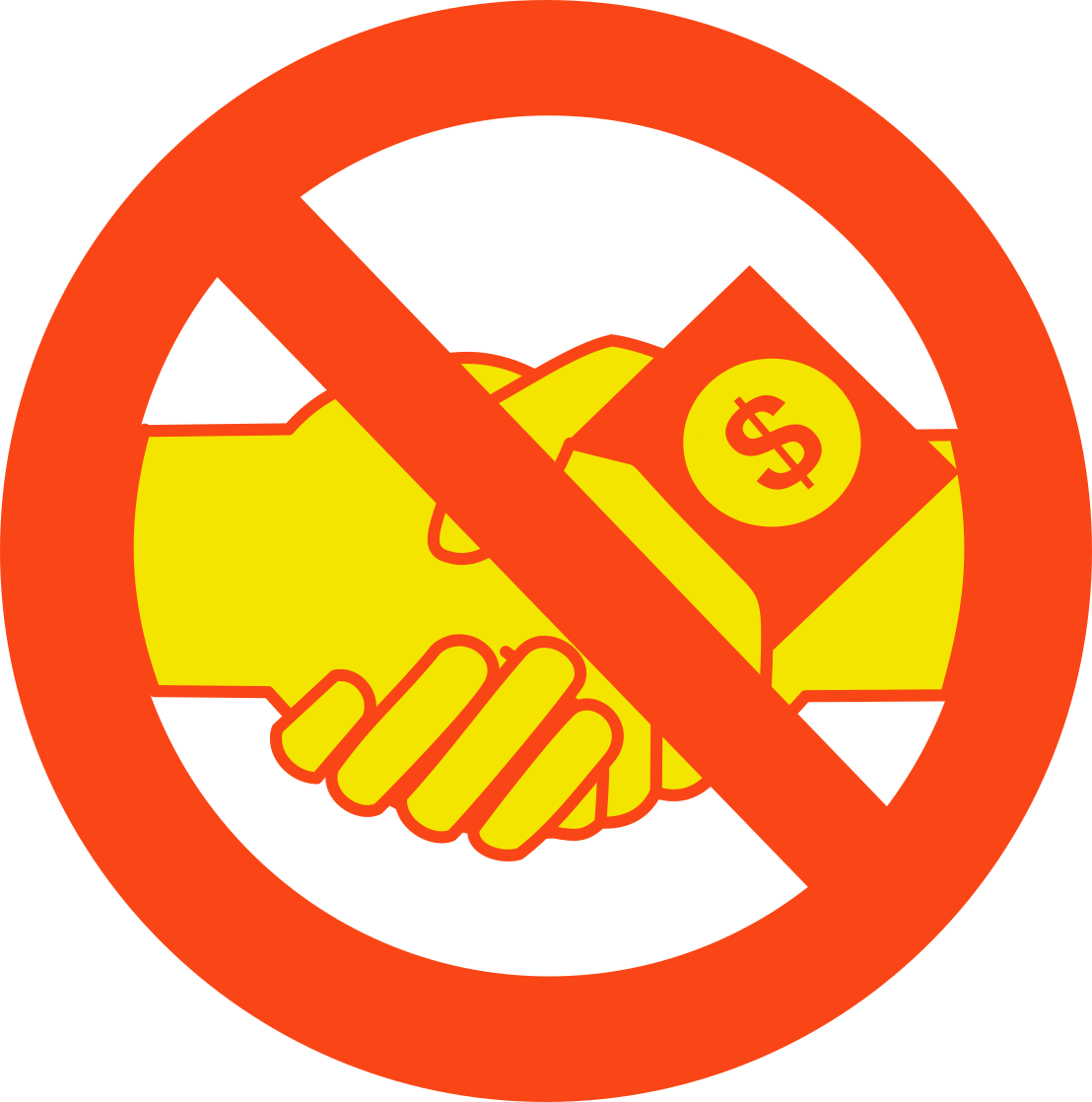Do we trade in order to earn money, or do we earn money in order to trade? The answer is neither in the contemporary financial climate: we earn money in order to earn more money.
In other words, nobody wants to trade anything from the bottom of their hearts; trade has been degraded to a mere legal framework through which monetary transactions are legitimized.
The current state of trade, blunt and dull, is a result of disinterest in genuine trading activities. When everyone chases quick money, the world becomes rife with theft, fraud, and corruption, which, in fact, are already affecting us under the guise of legitimate businesses.
Where, then, does legitimate trading lie? It can probably only be found in a form of business where money is involved but only flows through the system peripherally. This means not ignoring money but keeping it in the background and letting it do its job as part of myriad other systemic functions.
I call this a contingent business. Contingency is normally the worst enemy in any business practice, but in a contingent business, it is accepted and incorporated into the model. Since its primary focus is not making money, it may seem volatile from a business model perspective.
When the longevity of a business is not prioritized, what does a form of trade look like? All my projects were endless challenges of experimenting with such a model. They may seem reckless, but in the end, they promote anti-corruption.
When a transaction is perfect, meaning when the demand and supply exactly match, there is no place for money to exist. So, why are there no metrics to calculate these perfect transactions?
